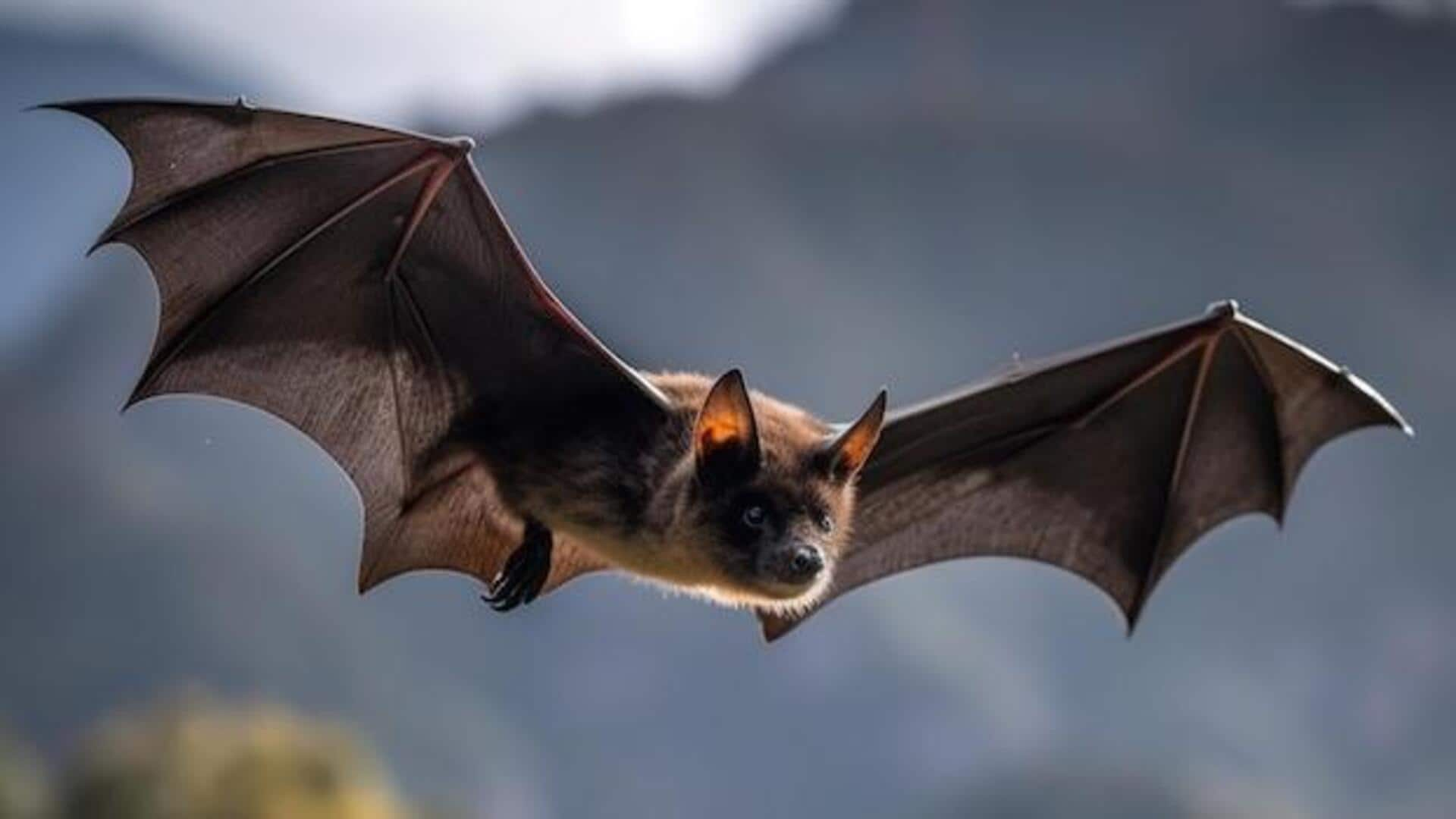
Bat activity goes down at solar farms, finds study
What's the story
A study, published in the Journal of Applied Ecology, discovered that six bat species have significantly lower activity levels at solar farms. Researchers monitored bat activity in a solar farm field and a control field without solar panels. The team found lower activity levels for common pipistrelle, serotine, soprano pipistrelle, noctule, myotis species, and long-eared species at solar farm compared to the control site.
Details
Renewable technologies can have a negative impact on wildlife
Renewable energy is crucial for matching sustainable energy demands, given fossil fuels contribute to climate change. Solar power accounts for 30% of global renewable power. However, renewable technologies can negatively affect biodiversity. This study emphasizes the need for mitigation strategies that can benefit both energy suppliers and wildlife. Further, the findings could impact planning legislation that ensures renewable energy development doesn't harm wildlife.
Further research
Mitigation strategies include planting insect-friendly plants at solar farms
More research is needed to understand why bat activity decreases at solar farms. Identifying mitigation strategies, like planting insect-friendly plants, creating corridors for insect-rich habitats, or providing alternative foraging habitats like trees, can benefit protect bats at solar farms, said the study's lead author Lizy Tinsley from the University of Bristol. This approach could ensure a balance between providing renewable energy and preserving wildlife.